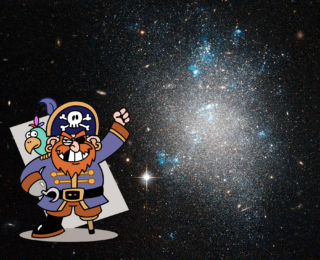
Evidence for Rrrrr-process from Neutron Star Mergers in Dwarf Galaxies
Ahoy matey! Today’s post explores the formation of rrrrrrr-process elements through short gamma ray bursts in dwarf galaxies.

Ahoy matey! Today’s post explores the formation of rrrrrrr-process elements through short gamma ray bursts in dwarf galaxies.
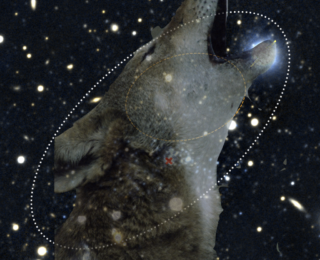
Today’s authors use machine learning to discover a lone wolf on the edge of the Milky Way’s neighborhood.
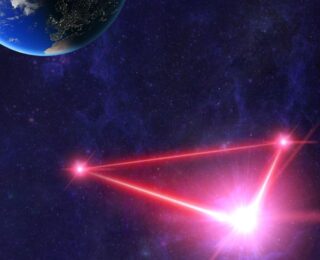
The upcoming LISA mission promises to detect many gravitational wave events, but can it attribute any of them to a host galaxy? Let’s find out!
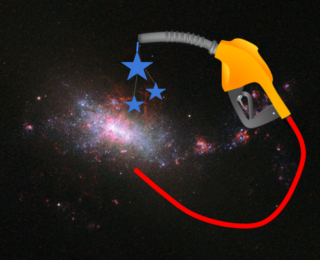
It’s really hard to see molecular hydrogen (the fuel that makes stars) directly, so astronomers have to use other spectral lines to guess how much is there. In today’s paper, the authors discuss how to do that in the smallest galaxies in the universe!
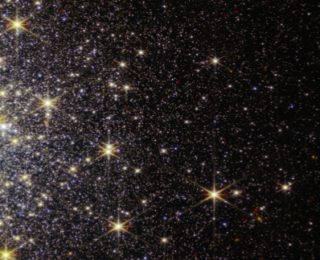
In today’s post, we get a first look at resolved stellar populations with the JWST.

Find out which ones and what the authors of today’s paper do to help!